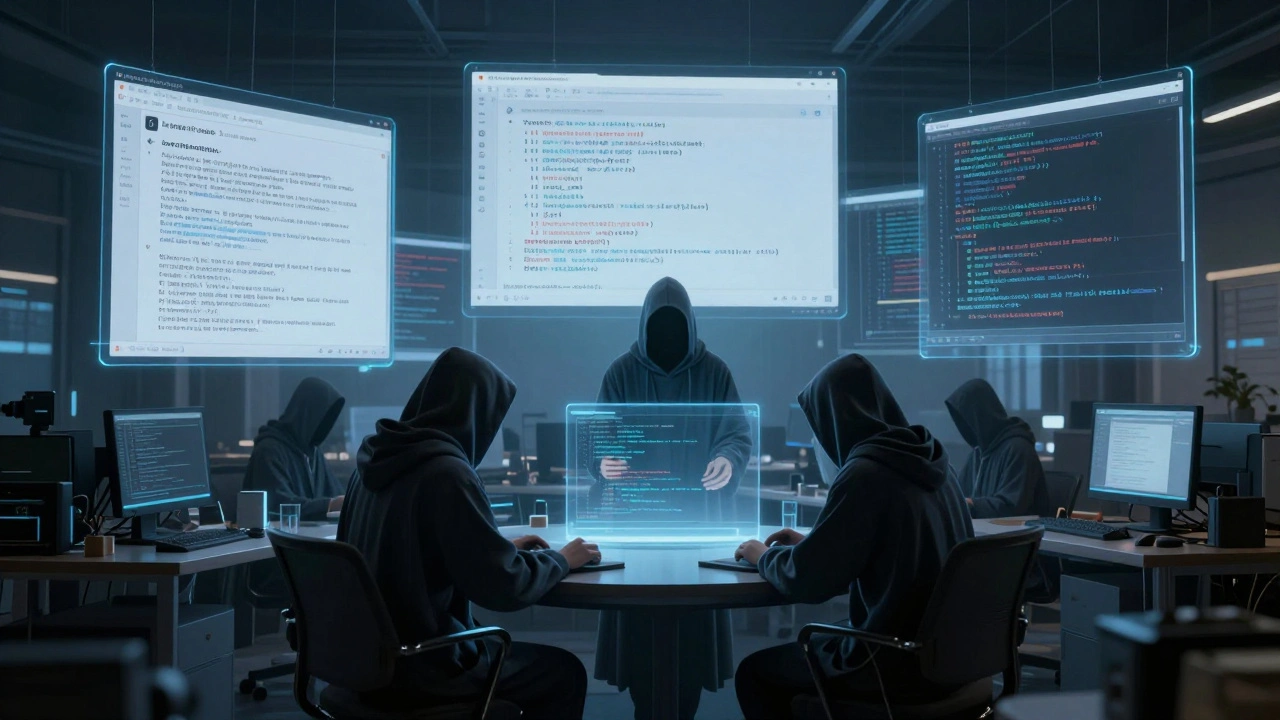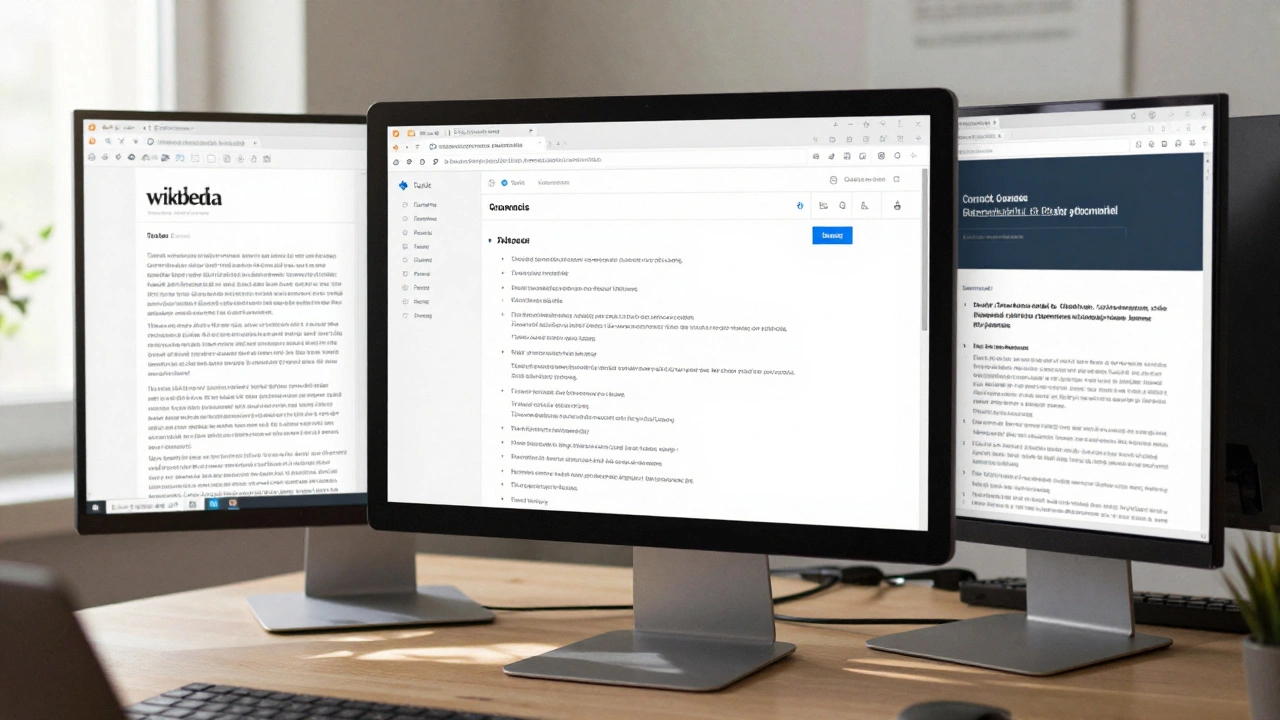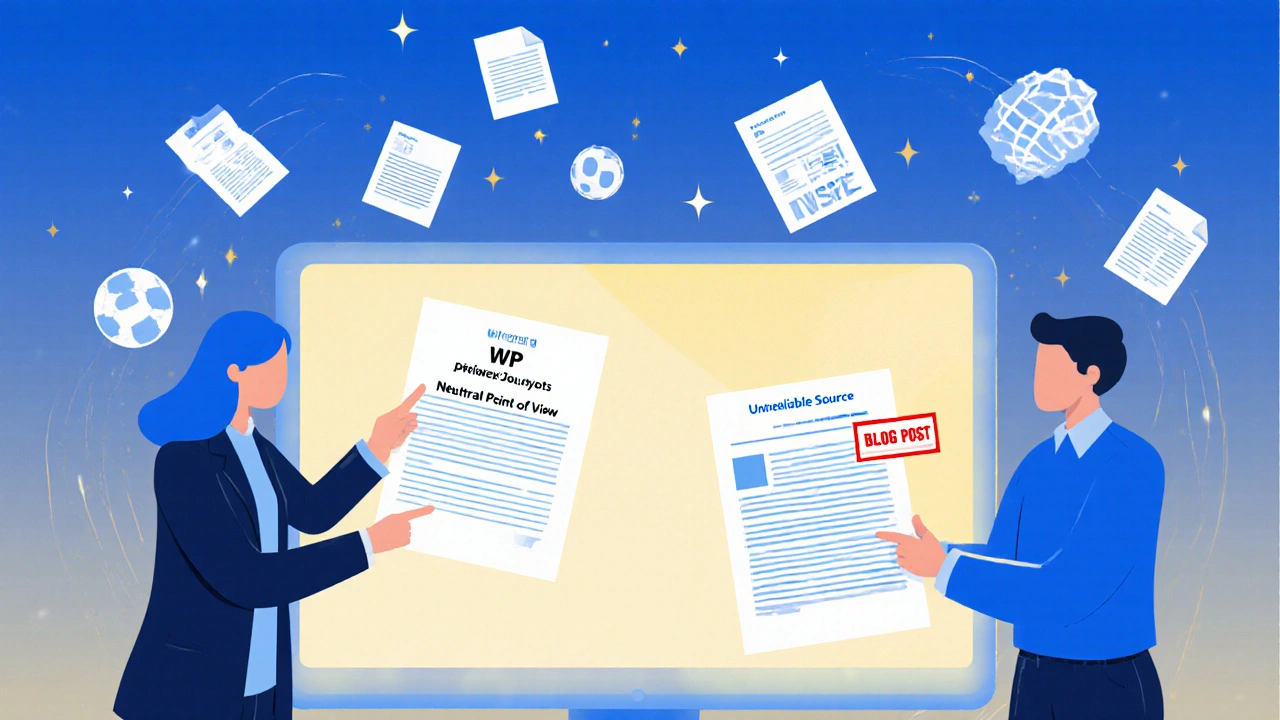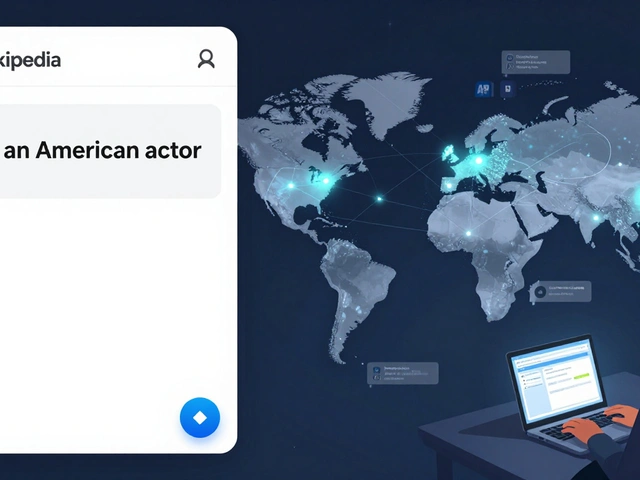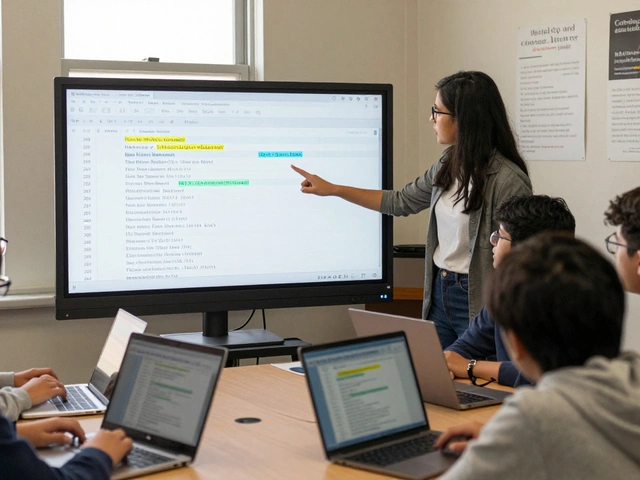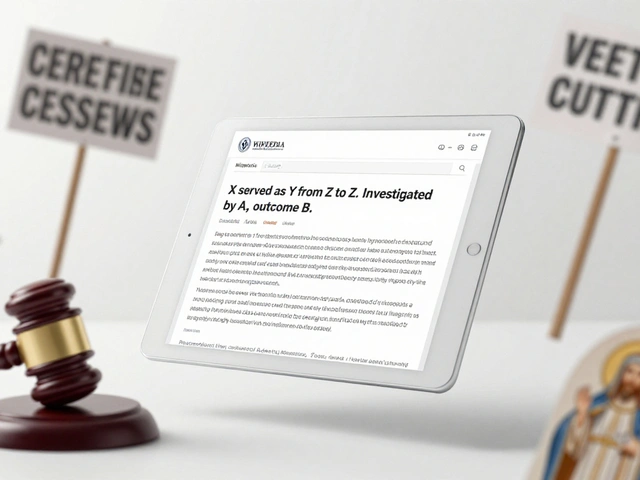Wikipedia dispute resolution: How editors fix conflicts and keep the encyclopedia running
When editors disagree on what belongs on Wikipedia, Wikipedia dispute resolution, a structured system for resolving content conflicts among editors. Also known as Wikipedia conflict resolution, it’s not about winning arguments—it’s about finding a version of the truth that matches reliable sources and follows community rules. Unlike other websites where admins make top-down decisions, Wikipedia relies on its editors to work through disagreements using clear, documented processes. This system keeps the encyclopedia stable even when emotions run high or edits get heated.
At the heart of this system are Wikipedia policies, mandatory rules that guide how content is written and edited. These aren’t suggestions—they’re the baseline. If two editors argue over whether a source is reliable, they don’t just pick sides. They check Wikipedia:Reliable sources, the official guideline that defines what counts as trustworthy. If someone adds unverified claims about a living person, they’re violating Biographies of living persons, a strict policy requiring high-quality sourcing to protect people from harm. Disputes often start with a simple edit war, but they don’t end there. Editors are encouraged to talk on the article’s talk page first. If that fails, they can request help from neutral third parties through Wikipedia mediation, a volunteer-led process where experienced editors help parties find common ground. In serious cases, formal arbitration panels step in—but that’s rare. Most conflicts get settled before they reach that level.
What makes this system work isn’t perfect technology or strict enforcement—it’s the culture. Editors who stick around learn that their goal isn’t to be right, but to build something accurate and lasting. They know that blocking someone for a bad edit doesn’t fix the problem. Fixing the edit, explaining the policy, and giving space to learn does. The system rewards patience, evidence, and humility. You’ll find examples of this in action across the posts below: from how the Wikipedia Signpost covers community disputes, to how due weight policies prevent minority views from being drowned out, to how copy editing volunteers quietly clean up tangled arguments in articles. These aren’t just rules—they’re the quiet infrastructure that keeps Wikipedia alive. Below, you’ll see real cases of how editors handle disagreements, when they escalate, and how the community learns from them.
Arbitration Committee on Wikipedia: How Contentious Disputes Are Settled
The Wikipedia Arbitration Committee handles the most heated editor disputes, enforcing community rules to keep content neutral and editing civil. Learn how it works, what cases it handles, and why it's vital to Wikipedia’s survival.
How Wikipedia Resolves Editorial Disagreements: The Real Process Behind Editorial Consensus
Wikipedia resolves editorial disagreements through consensus, not votes. Editors use policies, talk pages, and mediation to agree on accurate, sourced content. Learn how real people build reliable information together.
Consensus-Building Techniques for Difficult Wikipedia Discussions
Learn how to build consensus on Wikipedia during heated edit disputes using policy, sourcing, and calm communication-without escalating into edit wars.
